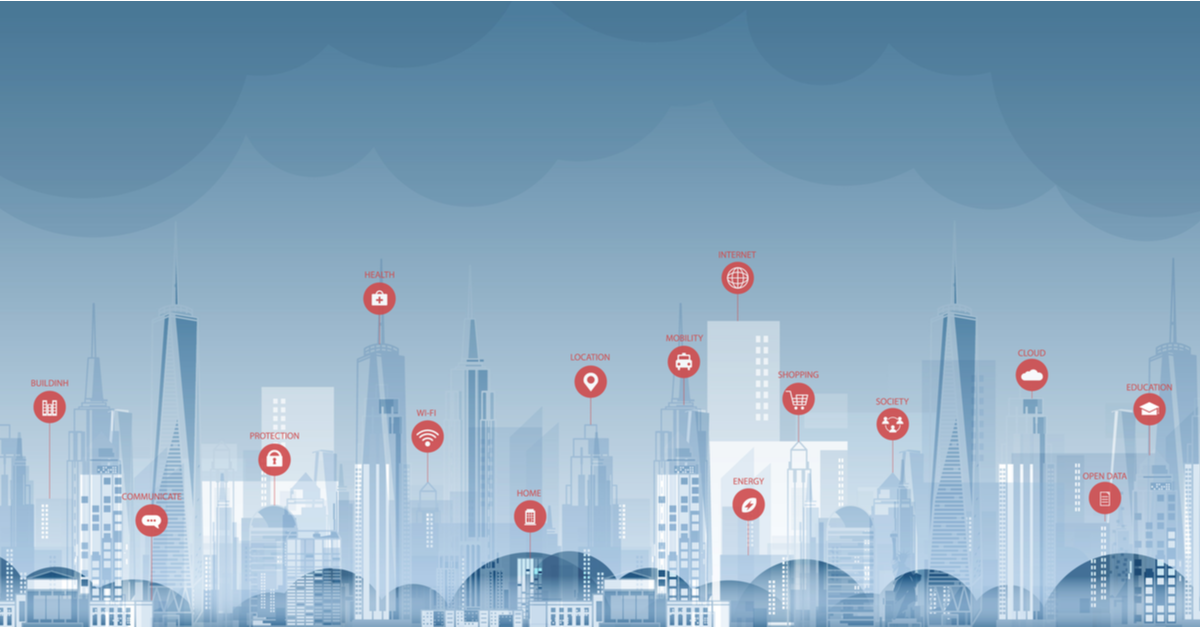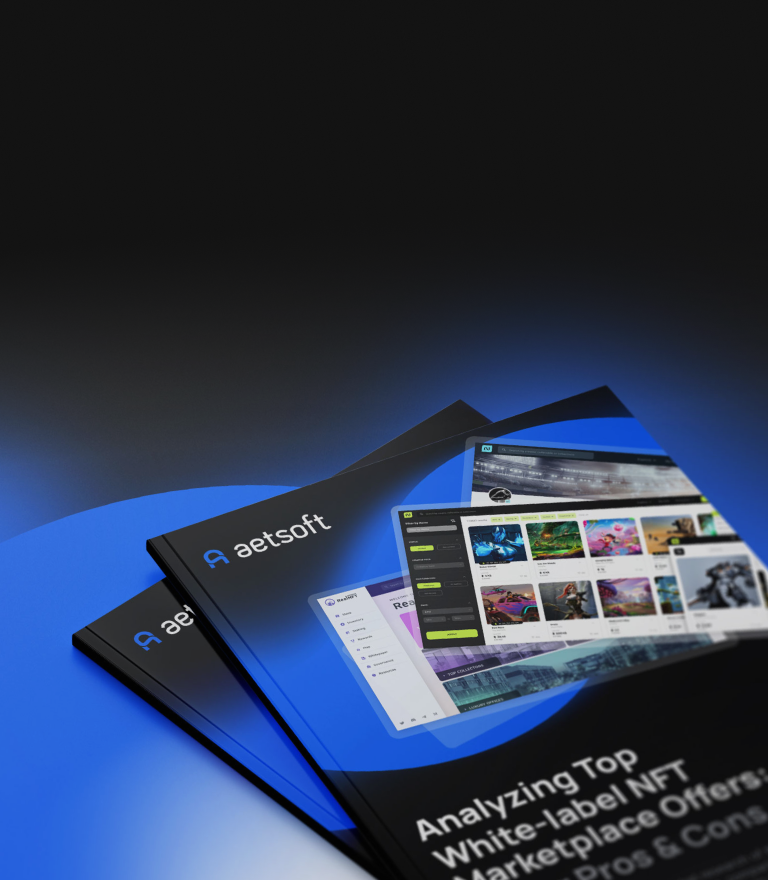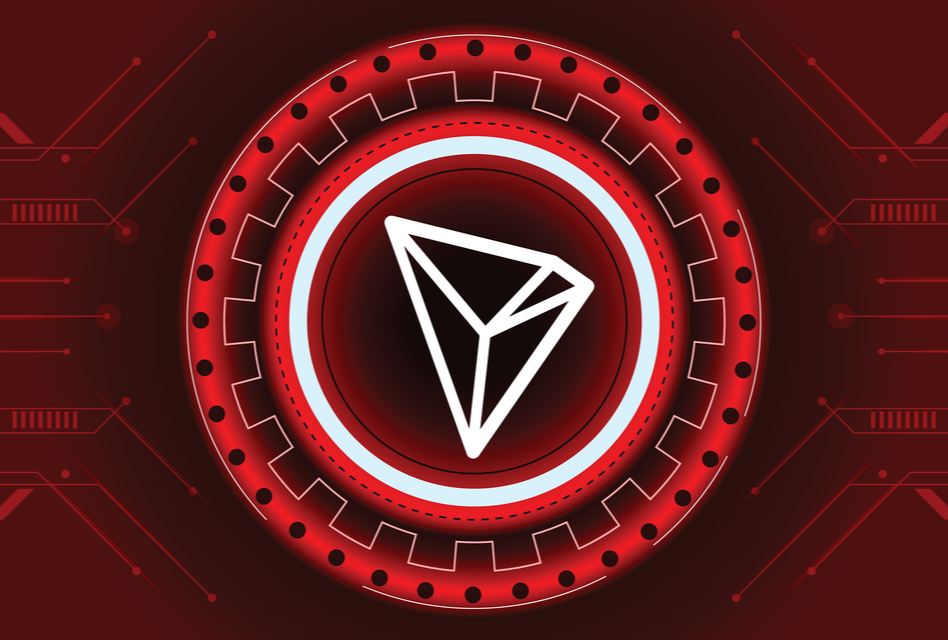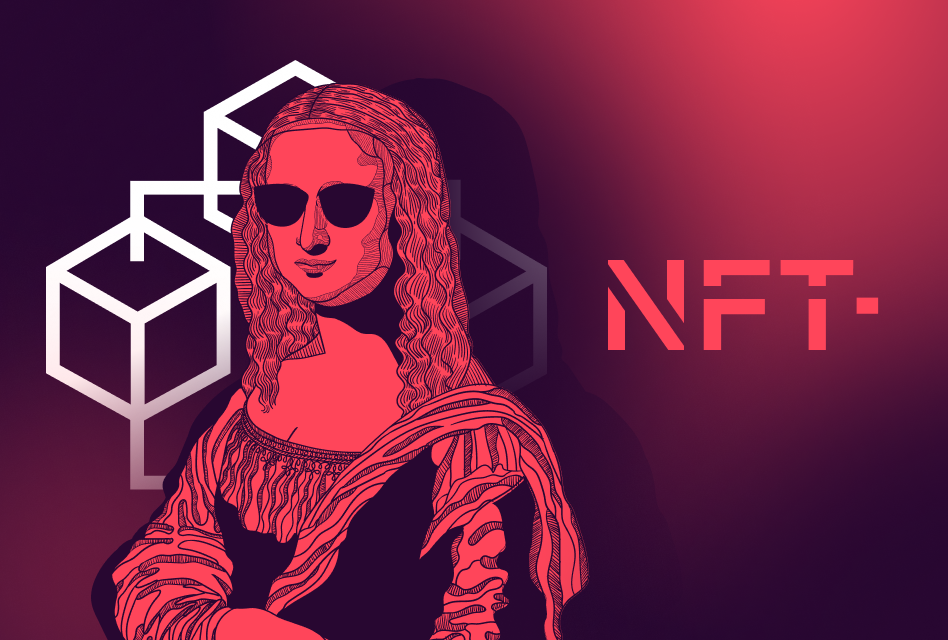Ladies and gentlemen, welcome to the Smart City! Here, the previously seemed impossible comes true: real-time grid monitoring, smart meter reading, predictive maintenance, and even more! The Internet of Things serves for smart management of energy and natural resources, which are the life and limb of the city. To that, by the way, the city owes its name.
Today, we will wander through the city’s streets and see how IoT builds its future.
Changing the Way we Live with IoT: Top Possible Use Cases
Real-time Monitoring of Grids
IoT ensures the interconnection between devices and sensors in a single network that handles large amounts of data. Currently, millions of interconnected devices operate in isolated networks simultaneously across the globe. By 2030, the number of these devices is projected to surpass the 50 billion mark.
Utilities use IoT to create connected data networks among devices and microgrids, which also helps them map the grid. But the volume of data processed by connected devices continuously increases, which makes their operation maintenance a challenge.
Specifically, operators need the right technologies, tools, and capacity to operate the grid, given the constant increase of data volume. These technologies include machine learning which provides such powerful tools as commodity sensors. Paired with IoT, those could give operators real-time insights about grid’s operations and assets’ conditions.
Smart Meter Reading
Smart meter reading allows gathering analytics on such data as last mile, emission level, substation, and even more. This, in turn, could help utilities track and plan energy consumption and production. In this way, they could save $157 billion in energy costs by 2035.
Smart meters provide real-time data on power distribution, allowing utilities to make the right data-based decisions on optimizing operating costs and increasing productivity.
Smart Energy Control
IoT promises to play the leading role in reducing carbon emissions that results from enormous energy consumption and, consequently, energy waste in commercial buildings. Facility operators could retake decentralized control over equipment due to connected devices that would track visitors’ behavior and movement inside the building and indoor and discrete zones’ conditions.
Meanwhile, wireless metering systems could count gas, water, and electricity consumption and detect their abnormal usage and resource wasting.
Predictive Maintenance
Most buildings’ automation systems exist in silos, which leaves facility operators almost in the dark when monitoring mission-critical building assets such as power generators, air conditioners, and heating systems. In this light, one needs to consider applying smart sensors to upgrade legacy equipment easily. These sensors could gather data on the operational status in real-time, which would allow operators to detect alarming signs in equipment’s operation and plan maintenance works.
For instance, the abnormal temperature in the building indicates problems with the heating system. Knowing about this, operators could take preventive measures to avoid the breakdown.
IoT-based Water Management
Water utilities use IoT through the water cycle, from sourcing clean water to wastewater treatment. IoT enables smart water management, making ongoing control a no-brainer for facility operators. Indeed, they could monitor all the connected meters’ performance, evaluate the pressure of each, detect potential and actual leaks, and automate correction measures.
More, they could aggregate the collected real-time data into reports to further distribute them among consumers. From the reports, the latter could see how the water is consumed, compare it to the city’s average and with the previous month’s consumption.
In the same efficient fashion, smart water management could sustain water conservation measures. Indeed, water scarcity is now a problem since over 3.6 billion people live in areas that lack clean water. The problem is likely to repeat at least once a year and usually continues for up to a month.
That’s why using IoT should become a prerogative for water utilities, as in this case, they could arrange smart irrigation through conserved water to cut operational costs and minimize water waste.
Source: BizIntellia
Improved Citizens’ Life
Smart city develops rapidly thanks to the constantly growing number of types of connected devices. Consequently, one could use the data collected from interconnected microgrids to improve citizen’s living standards by facilitating traffic flows, public transportation and streamline utilities’ operation.
But smart cities could improve even further with a dedicated smart meter operation center that would manage the entire infrastructure. The manageable aspects could cover everything from rollout control to consistent data monitoring across dispersed connected devices. With such a robust system, utilities could run grid operations more efficiently through a single digital hub to bring immediate value to citizens.
For example, one could provide a dedicated application for citizens that could navigate them to different facilities. Need to find a parking space? No problem, the app would alert you about the available parking lots nearby and provide an optimal route to each. Car producers already test this concept on their in-car digital ecosystems, and Honda demonstrated how it might look in reality in a short video.
In the same way, users could receive updates on occupancy at common spaces, reserve rooms and facilities on demand (which is relevant at times of social distancing), and receive alerts on alarming issues in the facility (such as water leakage, heating, etc.) – all through a single app.
In Conclusion
As we see, there are many ideas ripe for realization, but it takes time and doubt to implement these. Some of them are destined to remain mere concepts while others have positive chances to become real one day.







